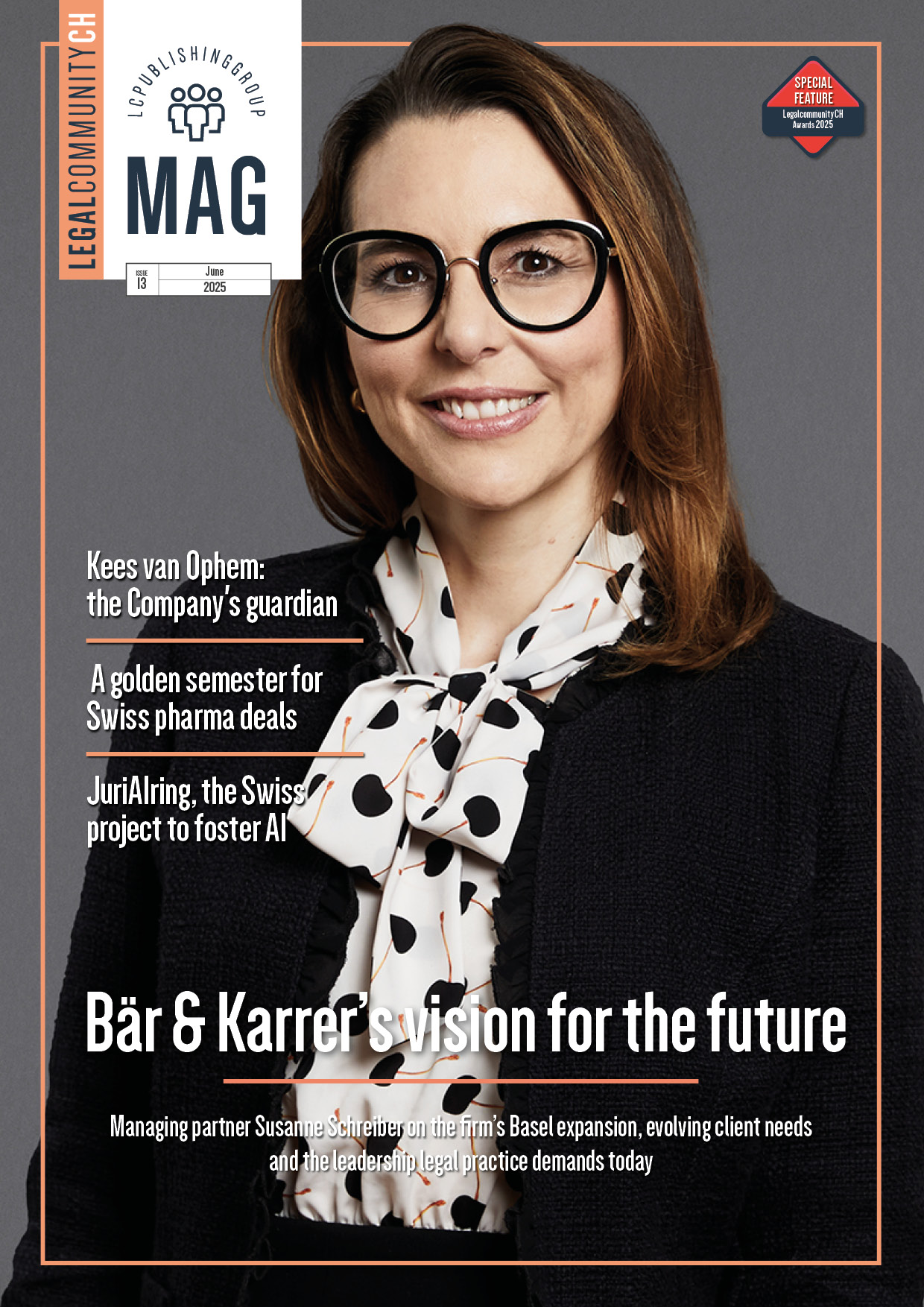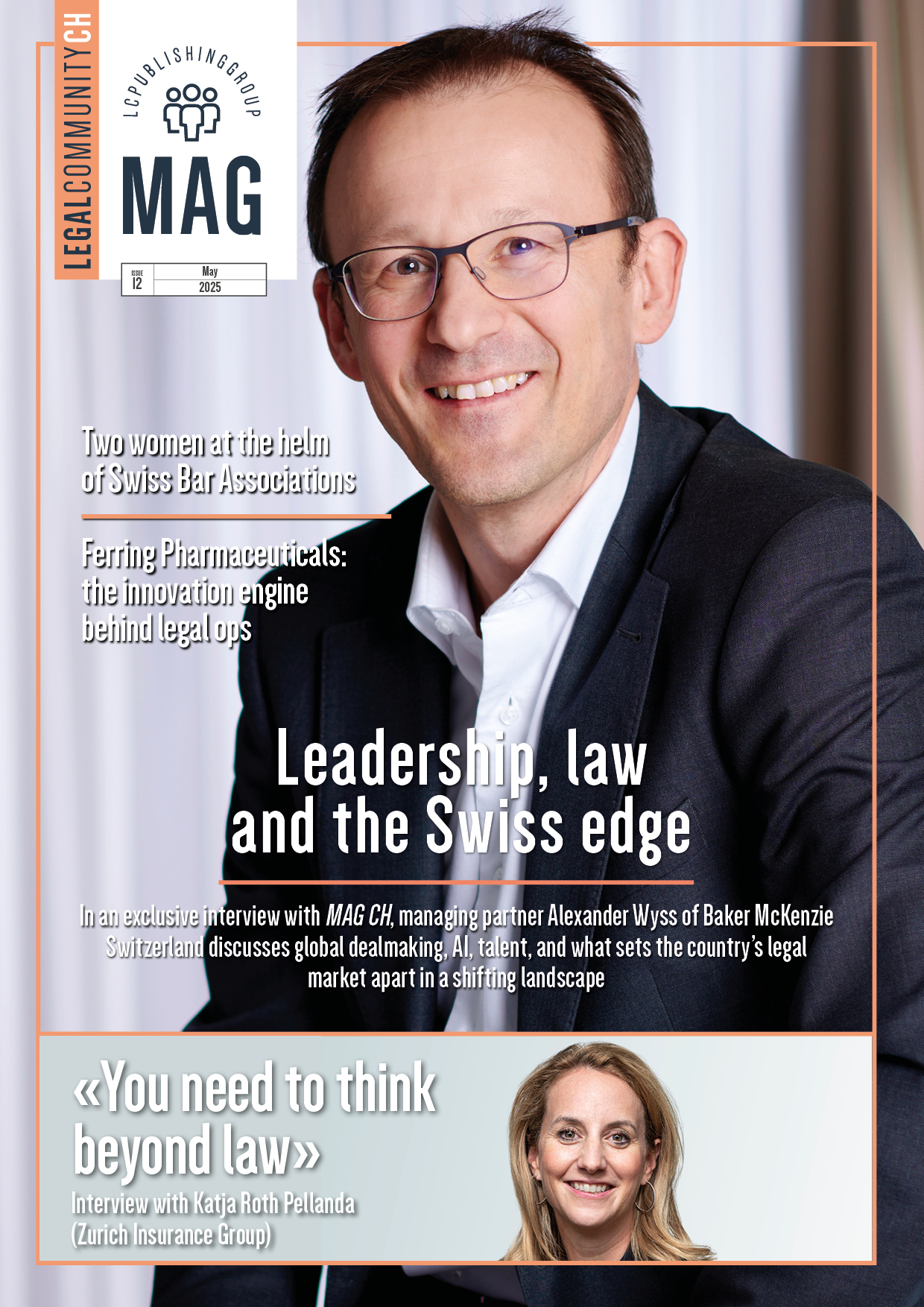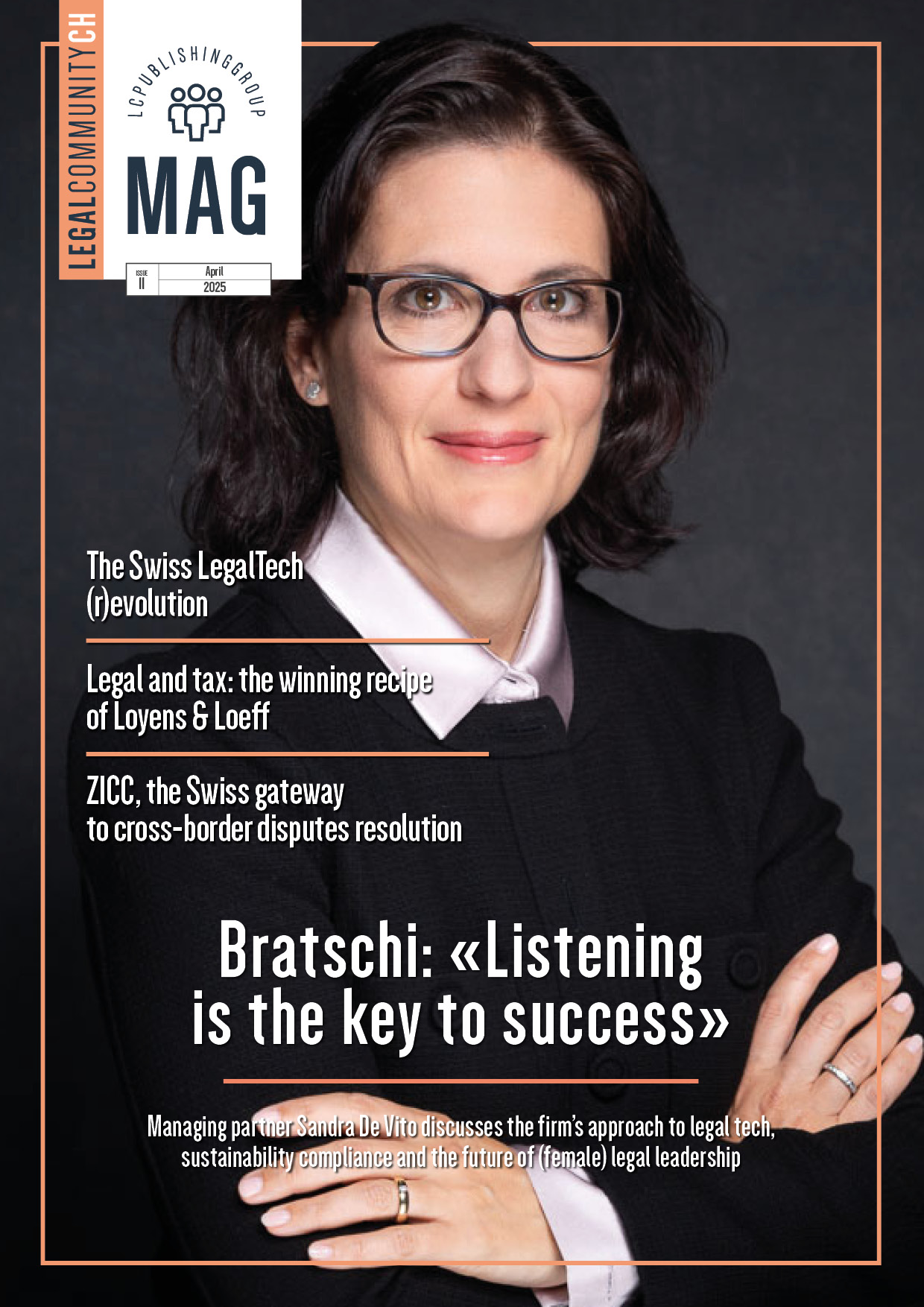New Registration for Swiss-Based Associations?
by Mercedes Galan.
With the entry into force on 1 January 2023 of the revised Anti-Money Laundering Act (AMLA) and the amended Anti-Money Laundering Ordinance (AMLO), a new set of rules on registration to the Trade Register and on transparency will apply to Swiss-based associations.
Legalcommunity.ch has discussed the issue with MLL’s partner Julie Wynne to highlight the most significant aspects and to better understand the ordinance.
What is the starting point?
The starting point was the 2016 mutual evaluation report (MER) of Switzerland from FATF (financial action task force). The report published 40 recommendations to better combat money laundering and terrorist financing. As a result, Switzerland decided to strengthen its toolkit to combat money laundering and terrorist financing, and to implement the most important recommendations from FATF and on 26 June 2019, the Federal Council of Switzerland adopted a revised version of the AMLA (Anti-Money Laudering Act), including new specific rules for Swiss-based associations.
What changes does this new regulation introduce?
We can start by listing the registration with the Trade Register. In the past, only associations which conducted trading activities in furtherance of their purpose and associations subject to audit requirements were obliged to register. Since 1 January 2023, associations which primarily collect or distribute assets abroad, directly or indirectly, that are intended for charitable, religious, cultural, educational or social purposes are also subject to a compulsory registration. Likewise there are also cases in which they are exempted from the obligation to register.
Also, all associations that are required to be registered with the Trade Register shall have a Swiss-domiciled representative. This obligation of the representation in Switzerland is fulfilled if a person with individual signing rights is domiciled in Switzerland or if two persons with joint signing rights by two are domiciled in Switzerland. Furthermore, this complies with the FATF recommendations on transparency for legal entities, according to which the basic information on shareholders or members shall be accessible within the country to be available quickly upon request.
There is also a new requirement for associations subject to compulsory registration with the Trade Register to keep a list of their members, including their first name and last names for individuals or business names for legal entities and addresses.
There are really so many cases related to money laundering and terrorist financing via non-profit organizations in Switzerland?
We don’t know whether there are really many cases. Nevertheless, the Swiss Interdepartmental Coordinating Group on combatting money laundering and the financing of terrorism (GCBF) has identified in 2017 that there was an objective risk with non-profit organisations. According to FATF, banking, in particular private banking, is the sector most exposed to these risks.
Where do the associations involved in charitable projects stand?
Since 1 January 2023, they are also subject to a compulsory registration. For such associations, it is not necessary that all Board members and signatories be registered but only “at least one Board member as well as a Swiss-domiciled representative of the association with signing rights” (Art. 92 lit. k ORC).
With the new regulation, what would you highlight as the main effects of registration in the Trade Register?
It becomes subject to debt enforcement by way of bankruptcy instead of seizure. It also becomes subject to the accounting requirements as per the Swiss Code of obligations (SCO). In this respect, if the association meets two out of 3 of the following criteria in 2 successive years, it shall be subject to an ordinary audit: balance sheet total of CHF 10 million; revenues of CHF 20 million and 50 full-time employees (Art. 69b para. 1 SCC). The Statutes and the list of Board members and signatories of the association, with their names, nationality and place of domicile, are publicly available on the Trade Register, including on its website.
Do the new rules provide for new cause of criminal liability?
Any person who willfully fails to comply with any of the obligations of Art. 61a SCC (Obligation to keep a list of members) and 69 para. 2 SCC (obligation to have a Swiss-domiciled representative) is subject to criminal liability; such person shall be liable to a fine (Art. 327b Swiss Criminal Code, SCC). In addition any person who causes an authority responsible for the Trade Register to make a false entry or withholds from such an authority information which is required to be entered in the Trade Register shall be liable to a custodial sentence not exceeding three years or to a monetary penalty.
Which would you highlight as the new main obligation?
The main new obligation is for associations which primarily collect or distribute assets abroad, directly or indirectly, that are intended for charitable, religious, cultural, educational or social purposes to register with the Trade Register.
What would you recommend to existing and new associations to get up to date with the new regulations?
I recommend taking all the necessary steps to comply with these rules in due time. In particular, associations with public benefit purpose shall review whether they are subject to the registration with the Trade Register and all registered associations shall appoint a Swiss-domiciled representative and keep a list of their members.
















